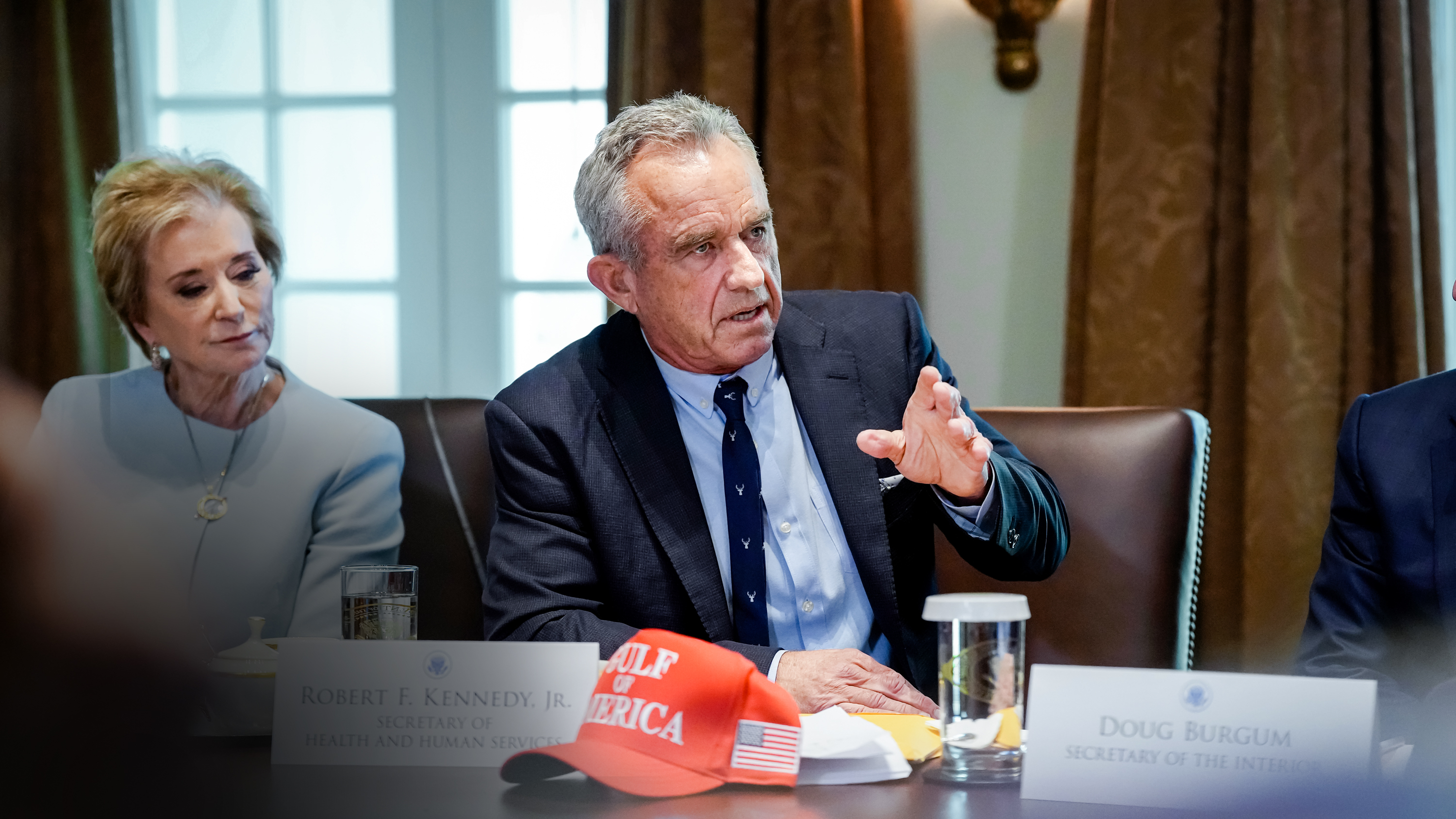Health Secretary Robert F. Kennedy Jr. is requiring all new vaccines to be tested against placebos before being licensed, officials said on April 30.
The requirement is “a radical departure from past practices,” a spokesperson for the Department of Health and Human Services (HHS) told The Epoch Times in an email.











